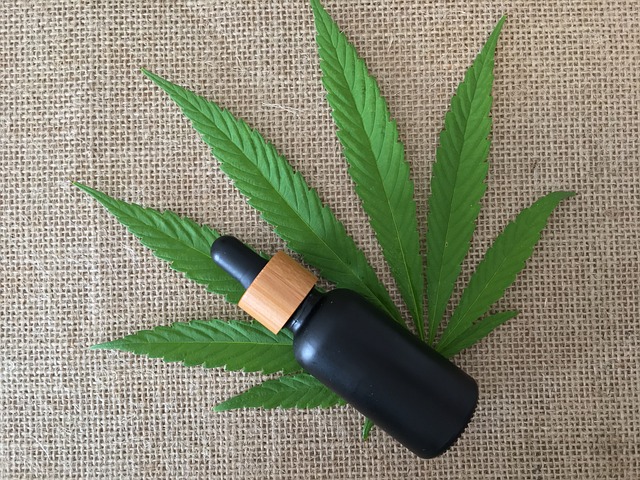In the realm of health and wellness, the relationship between THC (tetrahydrocannabinol) and mental health has been a subject of both fascination and controversy. As society navigates the evolving landscape of hemp legalization, understanding the implications of THC on mental well-being becomes crucial. This article delves into the intricate connection between THC and mental health, debunking myths and shedding light on the latest research findings.
The THC Basics
THC, the psychoactive compound found in hemp, is renowned for its euphoric effects. While it interacts with the brain’s receptors, particularly CB1 receptors, responsible for mood and cognition, the impact on mental health is complex and multifaceted.
THC and Anxiety: Navigating the Fine Line
One prevalent myth surrounding THC is its alleged association with anxiety. Contrary to popular belief, studies suggest that moderate THC consumption may alleviate symptoms of anxiety for some individuals. However, excessive use or pre-existing mental health conditions can amplify anxiety levels. It’s imperative to understand the delicate balance that exists, acknowledging the potential benefits without dismissing the risks.
THC and Depression: A Complex Interplay
Depression, a pervasive mental health issue, has been linked to alterations in the endocannabinoid system. Some studies propose that THC’s interaction with this system might have antidepressant properties. Yet, caution is warranted, as prolonged and excessive THC use may exacerbate depressive symptoms in certain individuals. Striking a balance is essential to harness the potential benefits without compromising mental well-being.
Dispelling Misconceptions: THC and Psychosis
One of the most significant concerns surrounding THC is its alleged association with psychosis. While certain studies suggest a correlation, it’s crucial to discern causation. Individuals with a predisposition to psychosis or a history of psychotic disorders may be more susceptible to THC-induced psychotropic effects. Understanding these nuances is pivotal in separating fact from fiction.

The Role of Dosage and Individual Variability
Central to the THC and mental health discourse is the impact of dosage and individual variability. The effects of THC can vary significantly based on the quantity consumed, the frequency of use, and an individual’s unique neurobiology. Tailoring hemp consumption to individual needs, in consultation with healthcare professionals, is paramount to mitigating potential risks. If you are looking for more ideas about HHC Vapes, you may visit their page to learn more.
Navigating the Legality and Stigma
As hemp legalization gains momentum globally, the stigma associated with THC use is gradually diminishing. However, legal implications persist in various jurisdictions. Understanding the legal landscape and adhering to regulations is essential to ensure that individuals can explore the potential benefits of THC without facing legal repercussions.
Conclusion: Informed Choices for Mental Well-Being
In conclusion, the relationship between THC and mental health is intricate, with both potential benefits and risks. A nuanced understanding of individual variability, dosage, and existing mental health conditions is imperative for making informed choices. Dispelling myths and staying abreast of the latest research allows individuals to approach THC consumption responsibly.
